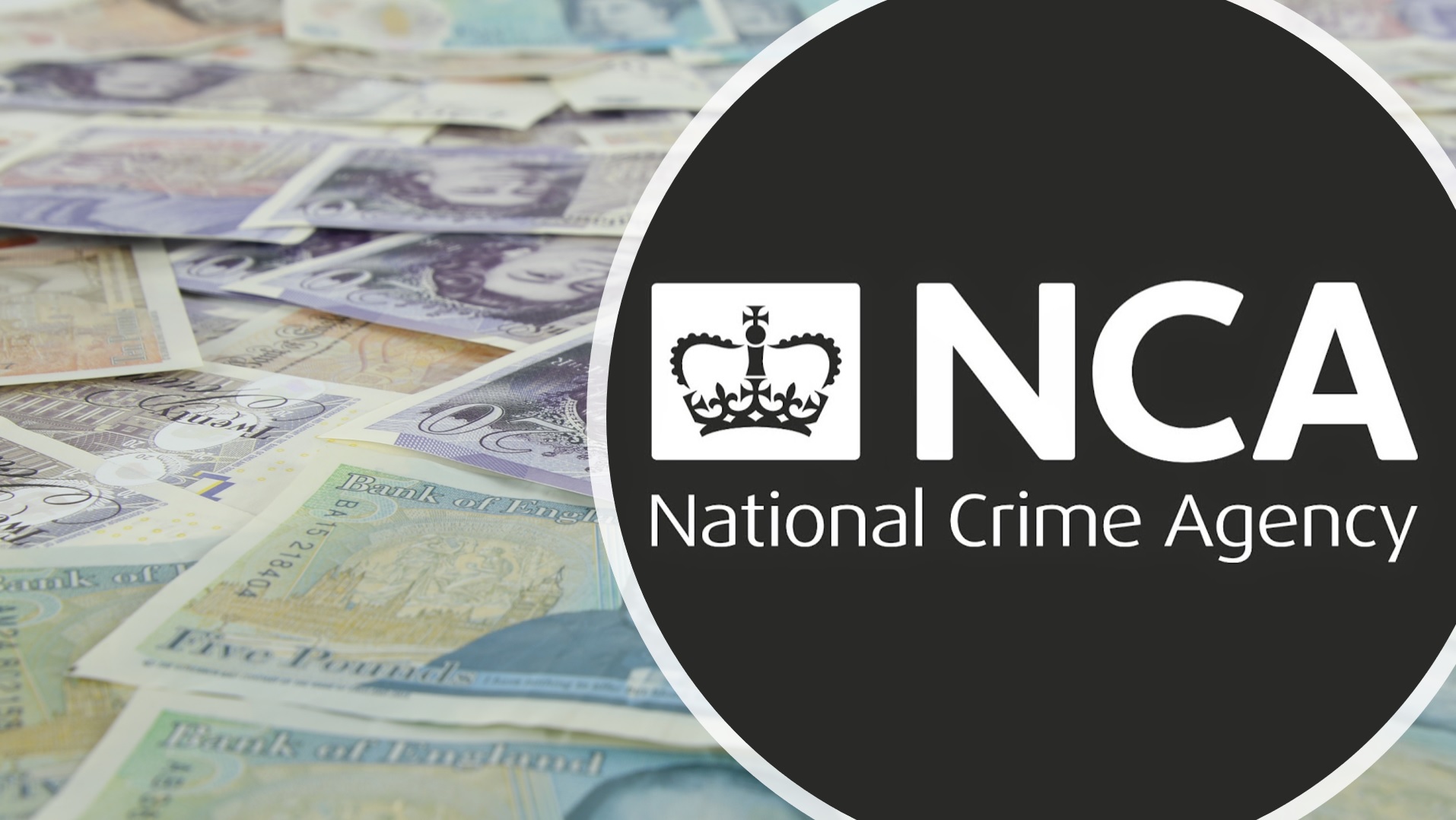By Elizabeth Hearst
Scandal- ridden German payment provider Wirecard is suspected of processing payments for a Maltese online casino used to launder money for one of Italy’s deadliest mafia organisations.
Wirecard processed payments for CenturionBet, the Maltese based online casino allegedly used by members of the ‘Ndrangheta organisation in an attempt to launder money, the Financial Times reported.
The Maltese-based gaming company is suspected to have been used to launder millions of euros in criminal profits by the ‘Ndrangheta group based in the southern Italian region of Calabria.
The Calabrian group is dubbed as one of Europe’s most powerful criminal groups. The much-feared criminal gang are linked to extortion, arms dealership, money laundering, money and extensive cocaine trafficking.
CenturionBet’s gambling licence was revoked in 2017 by Maltese authorities which saw an anti-mafia raid take place resulting in 68 arrests and over 30 sentences for mafia-related crimes. Wirecard continued to do business with CenturionBet until its suspension.
Under regulations for registered payment institutions Wirecard is required to implement strict anti-money laundering policies, monitor suspicious transactions and report any discrepancies to relevant authorities.
As reported by the Financial Times, Wirecard is also alleged to have processed payments for a separate Maltese gambling organisation. This larger company was named by Italian authorities as being suspected to have laundered money for organised criminal groups in an on-going investigation.
The German payments processor has been at the centre of a scandal surrounding its finances after it emerged there was a €1.9 Billion hole in its accounts
Former CEO Markus Braun was rearrested and his €5 Million bail was revoked after he was accused of inflating the company’s finances following revelations that €1.9 Billion that was supposed to have been sitting in Philippine bank accounts “probably did not exist”.
Investigations were conducted following a report in the Financial Times that said the payment processing company was unable to verify “significant bank balances” with special auditors KPMG then brought in to investigate.
The report stated that original auditors of the company, EY, had failed to “request critical information” from a Singapore bank, where Wirecard said it held €1 Billion in cash, for three years.








